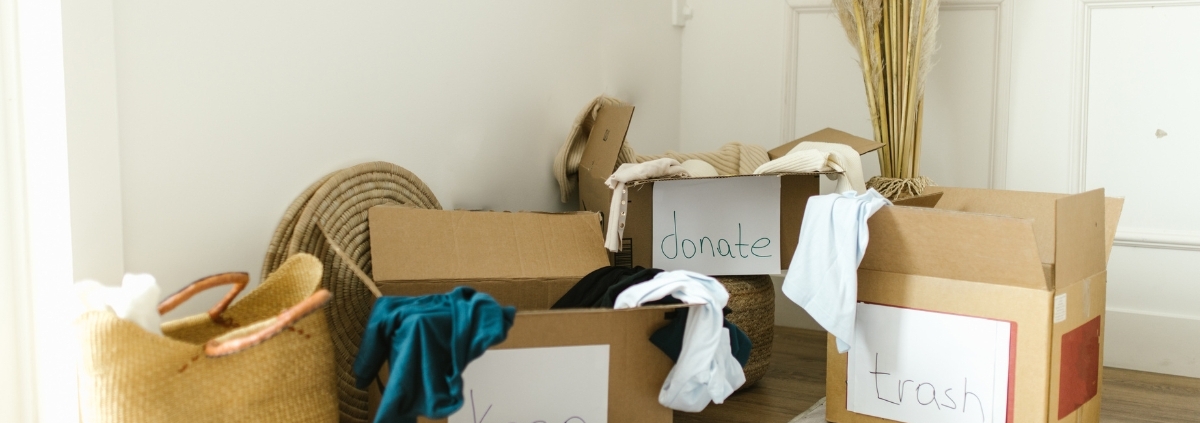Why Swedish Death Cleaning Might Just Change Your Life
By: Sonshine
The name might sound grim, but Swedish death cleaning is anything but. It’s a liberating approach to decluttering, one that benefits both you and your loved ones.
“It’s not as grim as it might sound,” says Debbie Childs, CEO of Helping Minds. “It’s actually quite liberating because it invites us to live with intention.”
What Is Swedish Death Cleaning?
At its core, Swedish death cleaning is about simplifying. It’s a mindful way of organising your life, so others don’t have to do it after you’re gone. But it’s not only for the elderly.
“Anyone feeling overwhelmed can benefit,” Debbie explains. “It’s really the gentle art of decluttering.”
Why Clutter Affects Mental Health
If your home feels chaotic, your mind likely does too. Clutter can drain mental energy and elevate stress levels.
“Visual clutter competes for your brain’s attention,” says Debbie. “It reduces focus and can increase stress.”
Studies show clutter raises cortisol levels, the stress hormone, especially in women. That constant pressure can lead to fatigue, anxiety, and burnout.
Decluttering Boosts Brain Chemistry
The good news? Cleaning up gives your brain a boost.
“You get a dopamine hit,” Debbie says. “That’s the brain’s reward chemical. Even cleaning one drawer gives you a little high.”
Less stuff also means fewer distractions and clearer thinking.
Four Practical Tips to Start Decluttering
Debbie shared four steps to help anyone, including people with hoarding tendencies, start the process:
1. Start Small
“Don’t overwhelm yourself,” Debbie advises. “Start with one drawer or one shelf. Then build from there.”
2. Be Honest
Create three piles: keep, donate, discard. “Ask yourself, why am I keeping this? Is it useful? Or is it just sentimental?” Debbie says.
3. Set a Timer
Short bursts of effort go a long way. Try 10 to 30 minutes every few days. “Short focus sessions are more sustainable and less overwhelming,” she adds.
4. One In, One Out
If you buy something new, get rid of something old. “It helps prevent future clutter,” says Debbie. “That’s a habit worth building.”
Dealing With Sentimental Items
Letting go can be tough, especially with items linked to loved ones. “We’re wired to seek pleasure and security, and objects can provide that,” Debbie explains.
She recommends sharing the stories behind sentimental pieces with your family. That way, even if they eventually let go of the item, the meaning isn’t lost.
“I’ve talked to my kids about my grandma’s jug,” Debbie shares. “Now they understand why I kept it.”
Remember: You Are Not Your Stuff
At the heart of it, Swedish death cleaning reminds us that life is about people, not possessions.
“Our objects are just that, objects,” Debbie says. “They don’t define us. What matters is our connection with others.”
Letting go of stuff can open up space, not just in your home, but in your heart and mind too.
Article supplied with thanks to Sonshine.
Feature image: Canva




